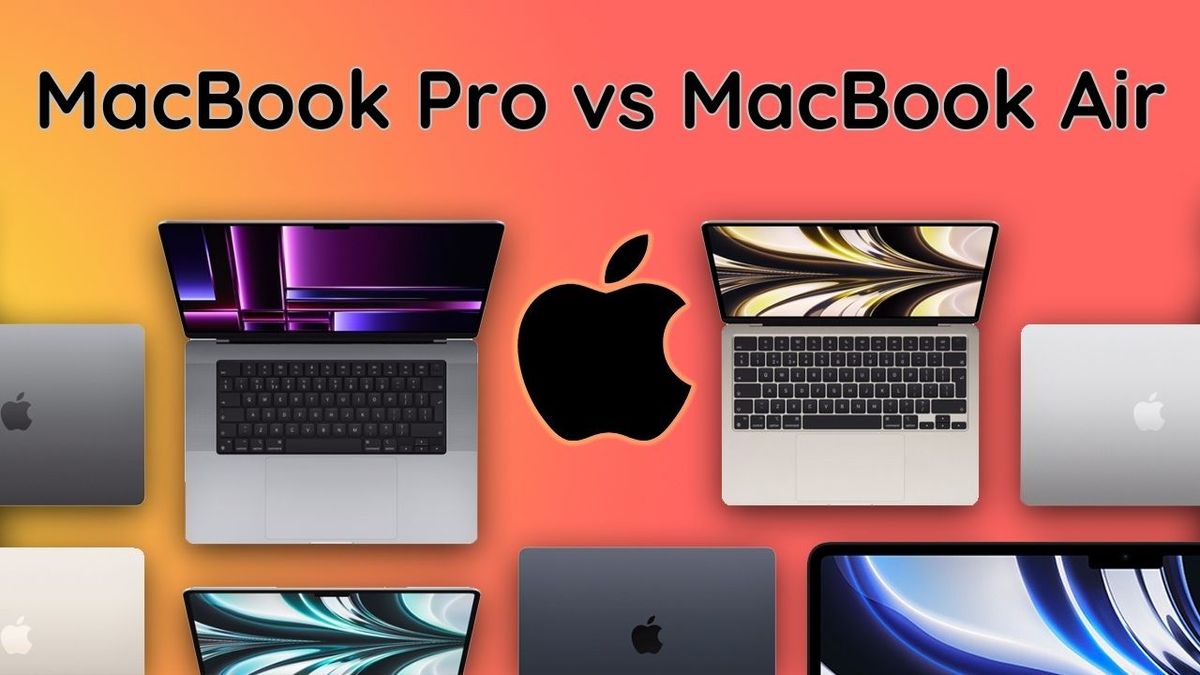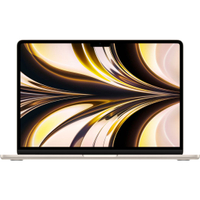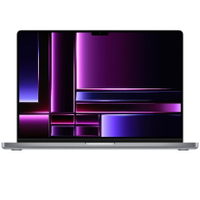They’re the most popular laptops in the world, ironically making the MacBook Air and MacBook Pro direct competitors to each other – despite both being made by Apple and supporting the same software options. As their names suggest, the MacBook Pro line tends to be aimed at professionals with demanding on-the-go workloads, while the MacBook Air is a lightweight machine aimed at the everyday computer user.
However, Apple’s recent jump to its own in-house silicon, the ‘M’ series chipsets, has blurred the line across the range. Suddenly, even Apple’s entry-level machines are capable of complex computing tasks, and have grown only even more powerful in the jump from the M1 generation of processors to the latest M2 generation of Apple silicon.
Factor in the many multiple configuration options that Apple offers, not to mention the three different sizes of MacBook Pro you can pick up, and the choice can become overwhelming. That’s where we come in. Apple’s MacBook Air vs MacBook Pro — need help deciding which is for you? Read on to find out.

I’ve had the good fortune to test almost every product in Apple’s current M2-generation MacBook Air and MacBook Pro line up, not to mention the current crop of M2 Mac Mini machines as well as plenty of M1-generation devices. I’ve reviewed the M2 MacBook Air and 14-inch MacBook Pro (2023 model) in depth too. With experience across Apple’s computing range, these are the observations I’d pass on to anyone looking for help choosing a side in the battle between MacBook Air vs MacBook Pro.
MacBook Air vs MacBook Pro: What’s new?
Following the WWDC 2023 keynote, we’ve got one new MacBook Air model joining the mix here — the 15-inch MacBook Air. It’s the first time Apple’s made a MacBook Air model with a screen this size, aiming to appease those that want the portability of an Air while retaining the larger screen size of a MacBook Pro — without the top-end price tag.
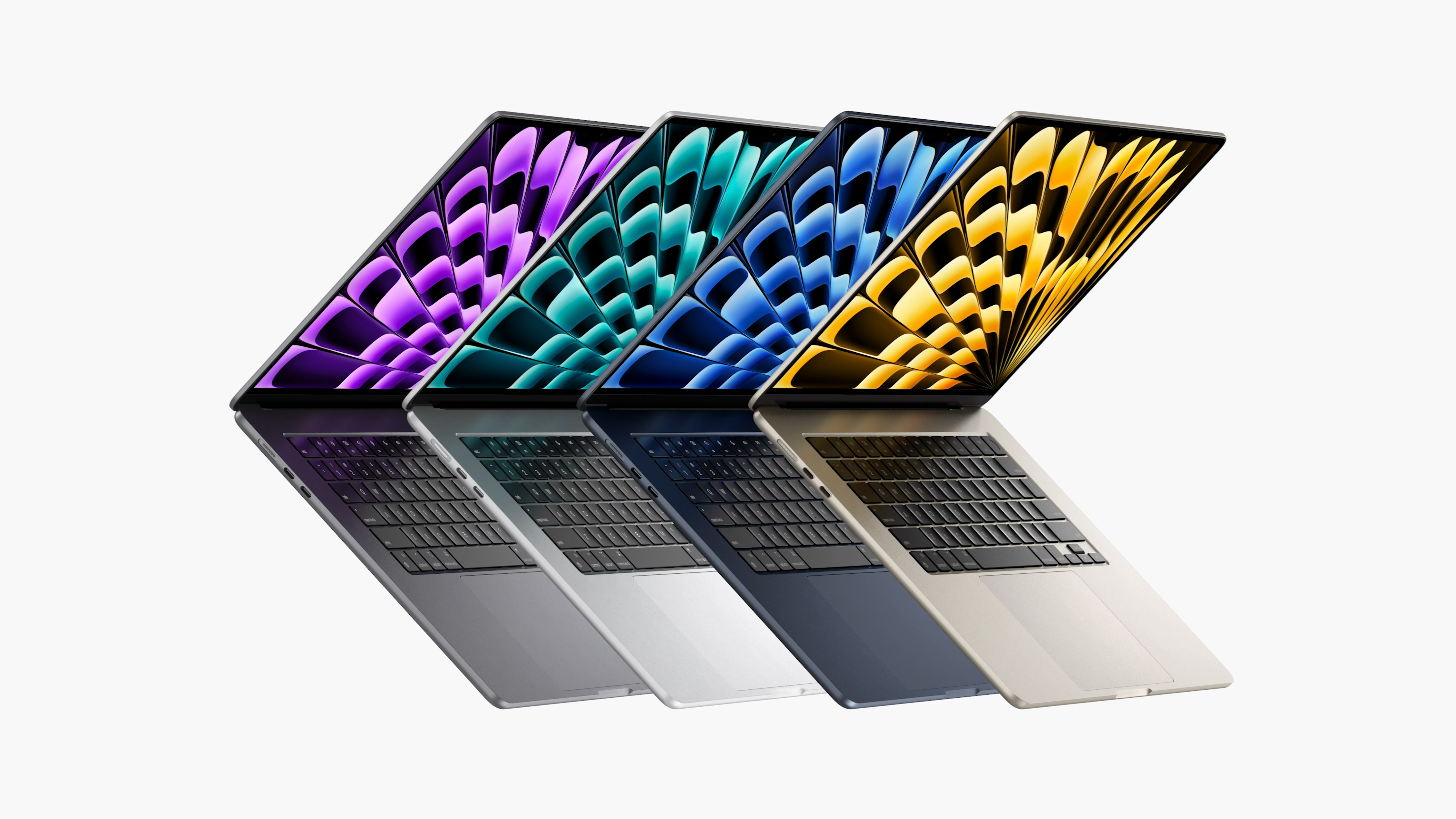
But aside from the extra screen real-estate, it’s essentially an identical computer to last year’s 13-inch MacBook Air model, right down to the M2 chipset inside.
You can buy the 15-inch MacBook Air now, with orders set to be fulfilled in June 2023. But we’ve yet to test the MacBook Air 15-inch ourselves thoroughly, so we’re not yet in a position to recommend it. However, for those that just can’t wait, expect performance to be broadly in line with the 13-inch M2 MacBook Air model.
MacBook Air vs MacBook Pro: Specs comparison
Before we go any further, let’s take a quick look at the raw numbers. Spec sheets offer a good early indication of what each machine is capable of, though it’s the real-world experience that matters most, as we will discuss. This is here for reference.
| Specs | MacBook Air (M2 / 2022) | 13-inch MacBook Pro (M2 / 2022) | 14-inch MacBook Pro (M2 Pro, M2 Max / 2023) | 16-inch MacBook Pro (M2 Pro, M2 Max / 2023) |
|---|---|---|---|---|
| Cost | From $1,199 / £1,249 | From $1,299 / £1,349 | From $1,999 / £2,149 | From $2,499 / £2,699 |
| Display | 13.6-inch (diagonal) Liquid Retina display | 13.3-inch (diagonal) LED-backlit display with IPS technology | 14.2-inch (diagonal) Liquid Retina XDR display | 16.2-inch (diagonal) Liquid Retina XDR display |
| Colors | Midnight, Starlight, Space Gray, Silver | Space Gray, Silver | Space Gray, Silver | Space Gray, Silver |
| Resolution | 2560 by 1664 pixels | 2560 by 1600 pixels | 3024 by 1964 pixels | 3456 by 2234 pixels |
| Security | Touch ID | Touch Bar with Touch ID | Touch ID | Touch ID |
| CPU | 8-core M2 SoC | 8-core M2 SoC | Up to 12-core M2 Max SoC | Up to 12-core M2 Max SoC |
| GPU | Up to 10-core | 10-core | Up to 38-core | Up to 38-core |
| Memory | 8GB, 16GB, 24GB | 8GB, 16GB, 24GB | 16GB, 32GB, 64GB, 96GB | 16GB, 32GB, 64GB, 96GB |
| Storage | 256GB SSD, 512GB SSD, 1TB SSD, 2TB SSD | 256GB SSD, 512GB SSD, 1TB SSD, 2TB SSD | 512GB SSD, 1TB SSD, 2TB SSD, 4TB SSD, 8TB SSD | 512GB SSD, 1TB SSD, 2TB SSD, 4TB SSD, 8TB SSD |
| Dimensions | 0.44 x 11.97 x 8.46 inches | 0.61 x 11.97 x 8.36 inches | 0.61 x 12.31 x 8.71 inches | 0.66 x 14.01 x 9.77 inches |
| Weight | 2.7 pounds | 1.4 kg | 1.6 kg | 2.15 kg |
| Battery Life | 18 hours | 20 hours | 18 hours | 22 hours |
| Battery Adapters | 30W or 67W USB-C Power Adapter | 67W USB-C Power Adapter | 67W or 96W USB-C Power Adapter | 140W USB-C Power Adapter |
| MagSafe | Yes | No | Yes | Yes |
| Ports | Two Thunderbolt / USB 4 ports | Two Thunderbolt / USB 4 ports | Three Thunderbolt / USB 4 ports, HDMI port, SDXC card slot | Three Thunderbolt / USB 4 ports, HDMI port, SDXC card slot |
| Camera | 1080p FaceTime HD camera | 720p FaceTime HD camera | 1080p FaceTime HD camera | 1080p FaceTime HD camera |
MacBook Air vs MacBook Pro: The models compared
So what does each model of MacBook Pro and MacBook Air offer? What do they have in common, and how is each suited to different tasks and audiences? Let’s look more closely at each model.
MacBook Air (M2, 2022)
You can always trust iMore.
Our team of Apple experts have years of experience testing all kinds of tech and gadgets, so you can be sure our recommendations and criticisms are accurate and helpful. Find out more about how we test.
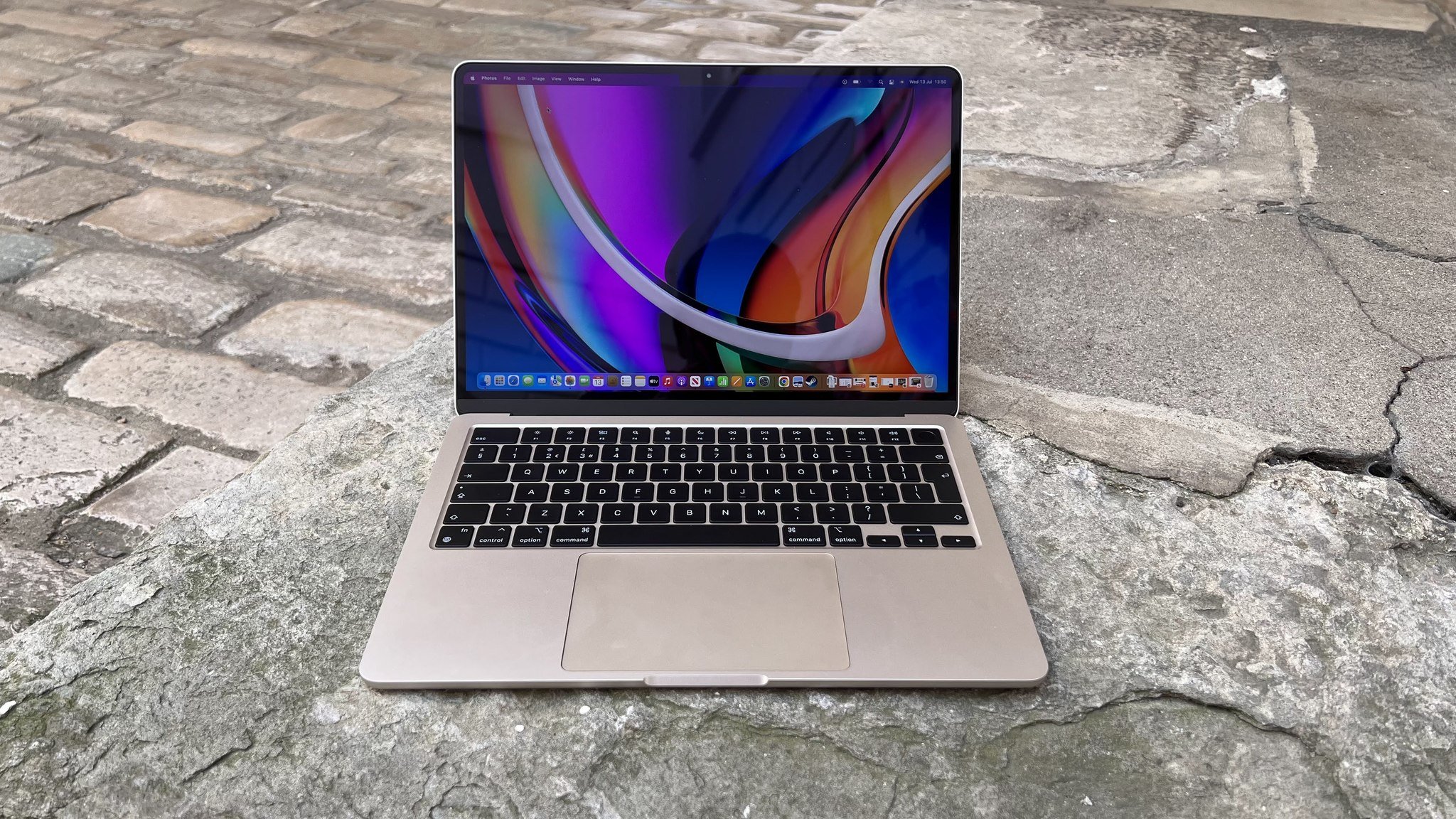
When first revealed back at last year’s WWDC, it was clear from our very first glimpse that the M2 MacBook Air was going to be a winner. With an all-new industrial design that freed up the usable USB-C Thunderbolt ports on the Air by reintroducing MagSafe charging, Apple delivered a device that represented a genuine generational leap over the M1 MacBook Air that came before it.
With superb battery life, performance way above what you’d expect from an ‘entry-level’ model, and a fanless design that still managed to keep the whole thing cool under pressure, the M2 MacBook Air might well be the most attractive laptop Apple has ever made. These changes brought with them a price hike over the M1 MacBook Air, but felt justified — with the redesign, Apple answered many of the failings previously leveled at the MacBook Air range, even if some may miss the wedge-shaped design style of old.
Incredibly, the M2 MacBook Air very much almost reaches the performance levels of the entry-level 13-inch MacBook Pro, which is just about able to pip it to the post thanks to the way its fans allow for longer sustained GPU performance before throttling kicks in. But it’s a close-run race, and the Air still wins out in the portability stakes. Unless you need to work with heavy 3D rendering, top-tier audio production or coding workloads, the MacBook Air M2 should be the first machine you consider above all others on this list.
- Read our full MacBook Air (M2, 2022) review
13-inch MacBook Pro (M2, 2022)
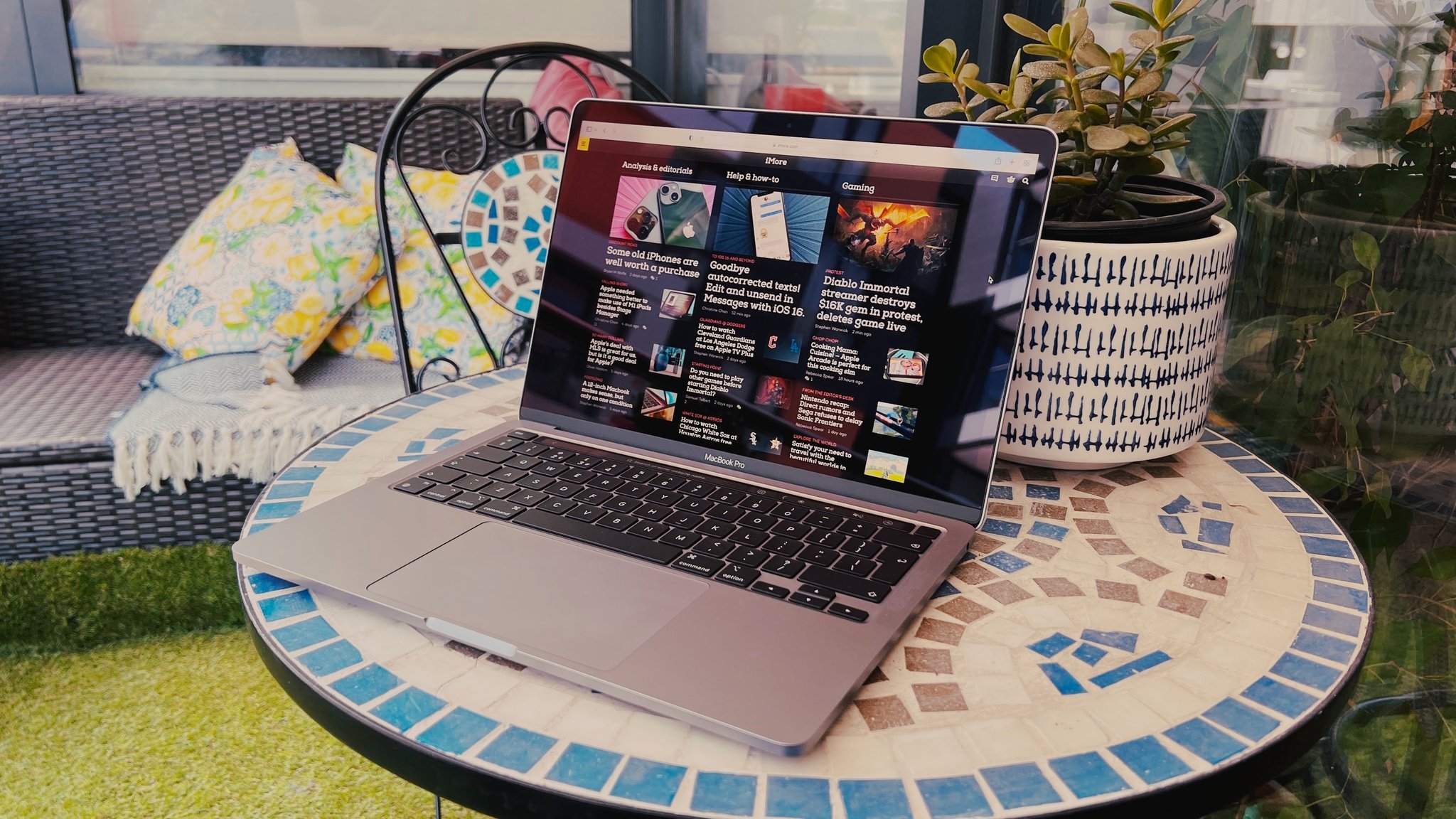
Compared to the M2 MacBook Air, the 13-inch MacBook Pro with M2 chip feels like a relic. Don’t get me wrong — it’s still an incredibly powerful machine, and one that can now often be found at very attractive prices. But by reusing a MacBook Pro design from several years ago, the 13-inch MacBook Pro feels hard to recommend.
It’s marginally more powerful than the entry level MacBook Air despite sharing the same chipset, with performance gains made possible by an active fan cooling system eking more sustained performance from the GPU. But beyond that, things feel a little stale. You’ve got an under-utilized TouchBar that never really found a purpose still hanging about, a lowly 720p resolution webcam compared to the Air’s 1080p one, and you’re still stuck with just the two Thunderbolt 4 ports on the left hand side, with no MagSafe power cable connection to free one of them up.
Compared to lots of the Windows competition, the 13-inch MacBook Pro remains a wonderfully well-realized device. But when you look at the recent design changes that have come to the 14-inch and 16-inch MacBook Pro models, along with the power jump you can get from them, the 13-inch MacBook Pro currently feels like the black sheep of the family — aside from battery, where it just pulls ahead of the 14-inch model. Regardless, we’d say skip this one.
- Read our full 13-inch MacBook Pro (M2, 2022) review
14-inch MacBook Pro (M2 Pro / M2 Max, 2023)
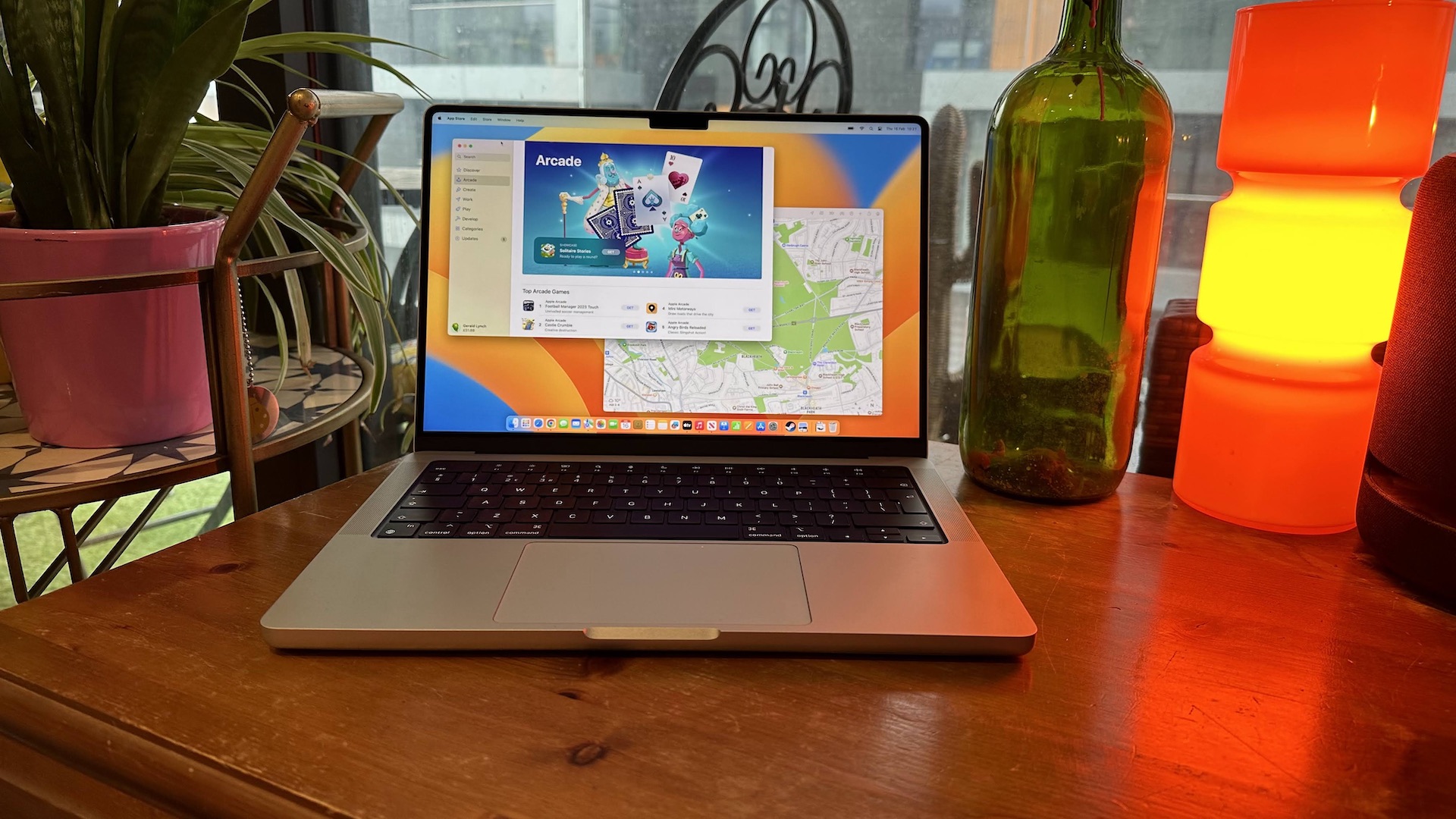
The 14-inch MacBook Pro is where Apple’s Pro line-up finally starts to feel, well… pro. Not only do you get a larger screen with better contrast ratio (thanks to a Mini LED panel) and better refresh rate (120Hz thanks to Apple’s ProMotion tech), but you get a much more functional design too. Not only do you get MagSafe charging, but you get three Thunderbolt 4 ports, a full-size HDMI port, a full size SDXC card reader and an upgraded 1080p webcam. It’s more expensive than the 13-inch MacBook Pro, sure — but the improvements to the design feel vast.
And that’s before you start talking about the processors. Making the leap to a 14-inch (or 16-inch!) MacBook Pro opens you up to the M2 Pro and M2 Max variants of the M2-generation Apple silicon. And, as their names suggest, they’re super-powerful chipsets. With more cores across the CPU and GPU in both M2 Pro and M2 Max variants, you’re tapping into power that’s rarely seen in a 14-inch form factor. Whether doing high-end 3D renders or exporting high-resolution video projects, the 14-inch MacBook in 2023 is an excellent portable workstation. Where the 16-inch MacBook Pro can feel like it’s pushing the boundaries of portability, the 14-inch hits a mobile sweet spot. But! If you’re into the visual arts, it’s hard to deny that the larger 16-inch screen has its benefits if you’re not always on the go.
The 14-inch MacBook Pro gets our seal of approval then — it’s a good half-way house between the most powerful offerings in Apple’s MacBook line-up and the Air tier, representing a significant jump in power over the Air, while being a little easier on the wallet than the 16-inch Pro.
- Read our full 14-inch MacBook Pro (M2 Pro / M2 Max, 2023) review
16-inch MacBook Pro (M2 Pro / M2 Max, 2023)
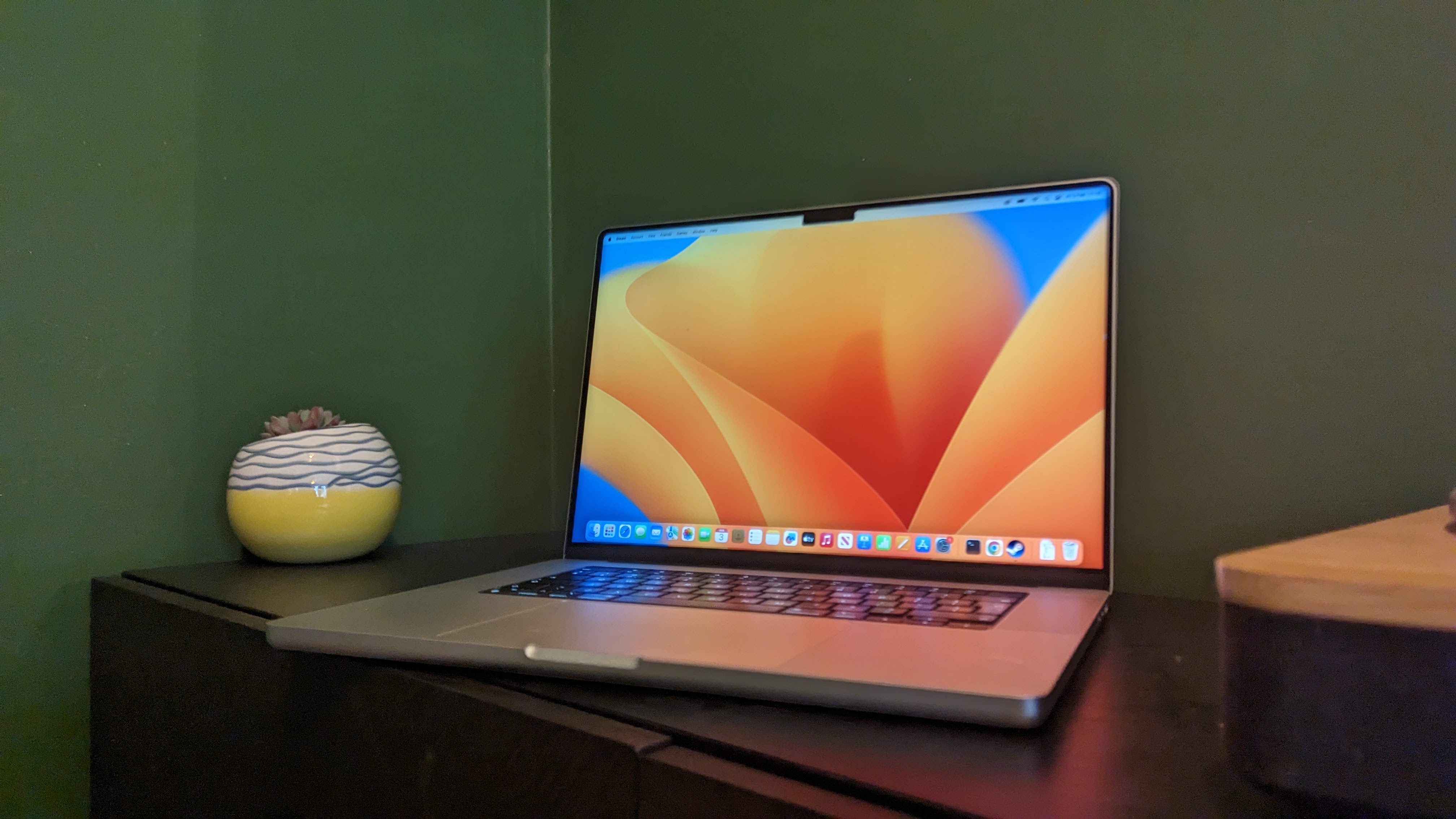
The top-tier monster in the MacBook Pro line up, the 16-inch MacBook Pro should be the model of choice for creative professionals. Why? It’s mostly to do with that gorgeous screen. With more real estate to play with than on the 14-inch model, your projects get the space to breathe they need on the 16-inch edition with the Mini LED display, 120Hz ProMotion refresh rate and a (marginally higher) 3456 x 2234 resolution looking stunning with that extra couple of inches. If you’re an artist, videographer or photographer, this truly feels like a mobile workstation that can get the job done wherever you are, whether you’re in the studio or on the road.
That’s on top of the same excellent port selection and battery life performance you get on the 14-inch model. And while the M2 Pro option mirrors the 14-inch MacBook Pro spec-for-spec, when you’re looking at the M2 Max edition of the 16-inch MacBook Pro compared to its 14-inch stablemate, the envelope is pushed further from the off. The top-end M2 Max model in a 16-inch MacBook Pro starts with the 12-Core CPU and more powerful 38-Core GPU, compared. Yes, sure — that kind of performance is overkill for basically 99% of users and tasks that you’ll carry out on the machine. But if your workload is one that truly demands as much raw power as possible, digging deep into your piggy bank and grabbing the top-tier 16-inch model is the way to go. It’s an incredible machine.
- Read our full 16-inch MacBook Pro (M2 Pro / M2 Max, 2023) review
MacBook Air vs MacBook Pro: Which configuration should you choose?
We’ve narrowed down the long list to two specific options that we most highly recommend. While there’s plenty of wriggle room for other MacBook Air and MacBook Pro configurations based on your needs, these two options should wonderfully serve either the everyday user, or the professional creative in need of that top-tier power.
